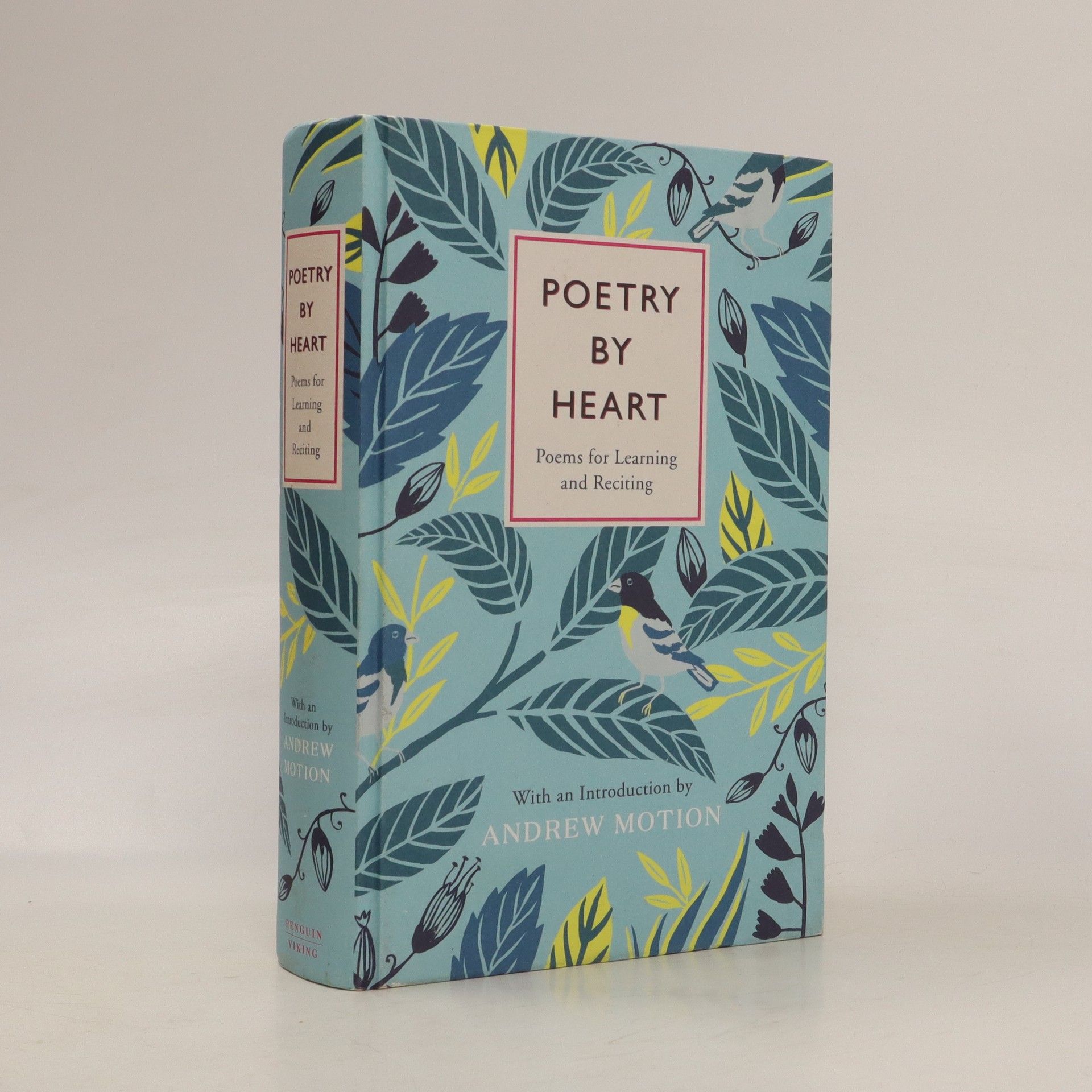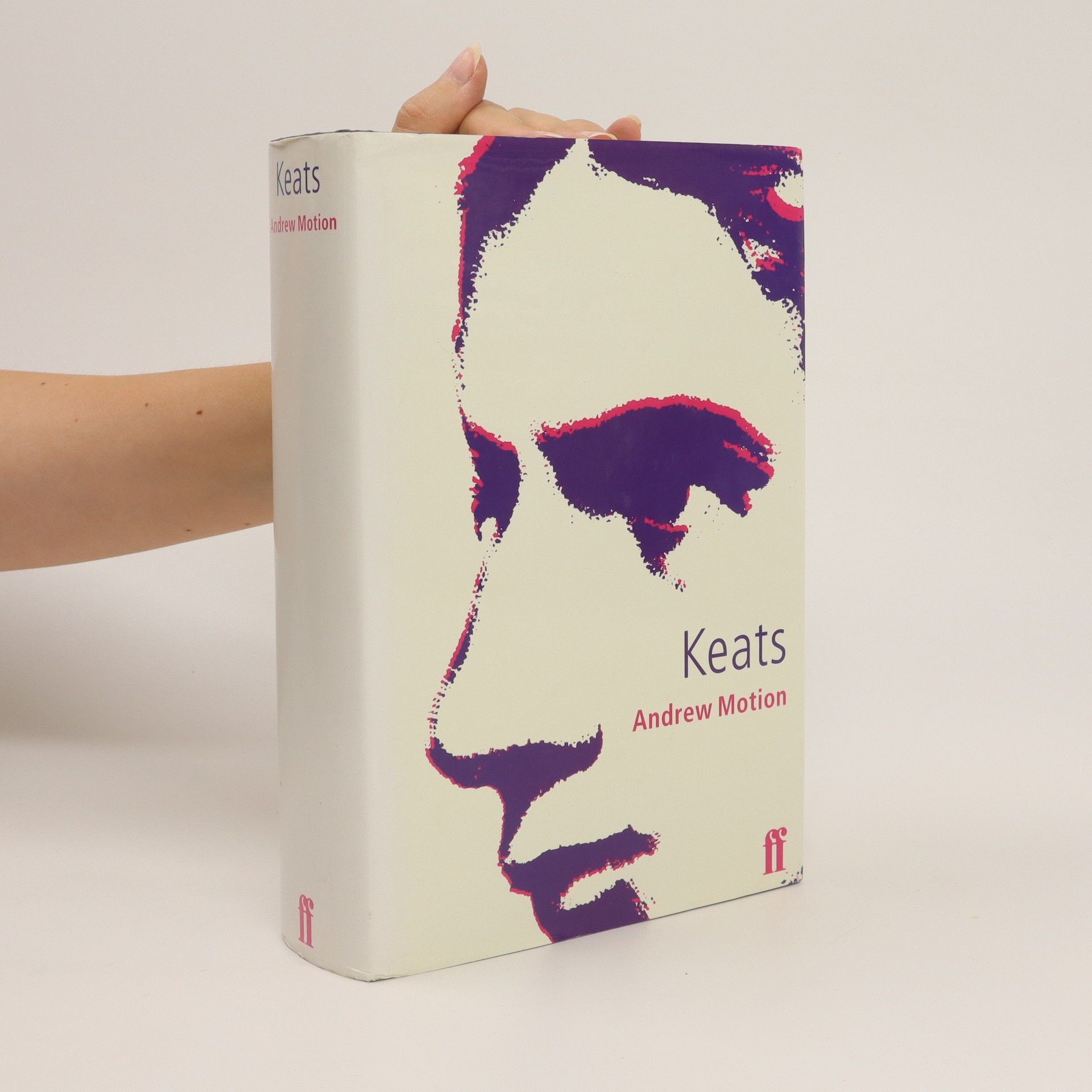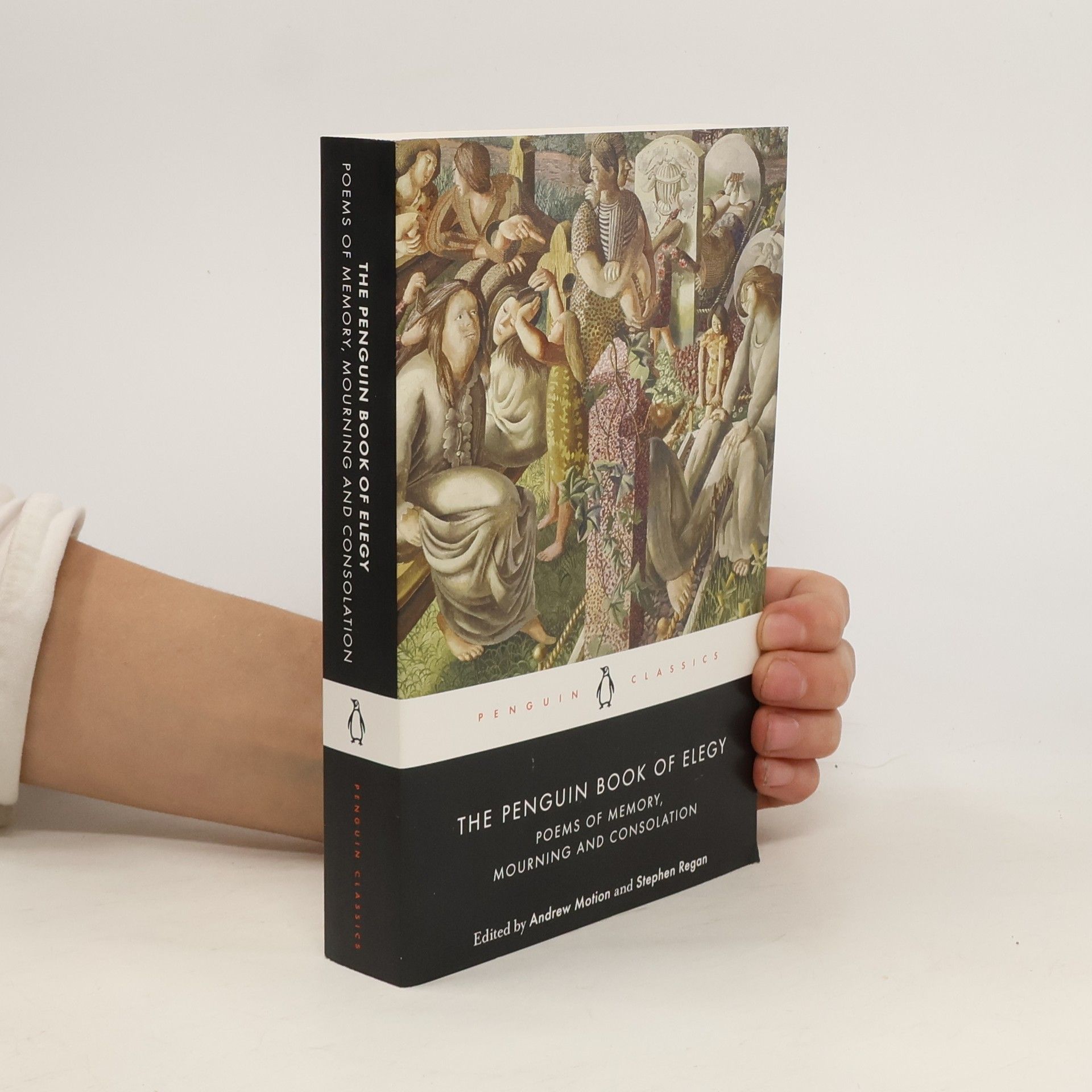In the Blood
- 336 pages
- 12 hours of reading
Written from a teenage child's point of view, Motion captures the pathos and puzzlement of childhood with great clarity of expression and freshness of memory.
Sir Andrew Motion is an English poet whose work often engages with current events and societal themes. During his tenure as Poet Laureate of the United Kingdom, he was known for his efforts to make poetry accessible to a wider audience, exemplified by initiatives such as the Poetry Archive, an online library of poets' recordings. His style is characterized by its ability to reflect everyday life while addressing pressing social issues, leaving a significant impact on readers.







Written from a teenage child's point of view, Motion captures the pathos and puzzlement of childhood with great clarity of expression and freshness of memory.
Blending scholarly insight with a vibrant flair, this anthology offers a profound exploration of literature's emotional impact. It presents a collection that is both fascinating and essential, showcasing a diverse range of voices and perspectives. The book serves as a significant educational experience, inviting readers to engage deeply with its themes and narratives.
The outline of the story of John Keats's life is well known: the archetypal life of the Romantic genius, critically spurned and dying young. This biography aims to enrich the facts with an understanding of how Keats fitted into the intellectual and political life of his time. It includes detailed examination of significant friendships with anti-establishment figures such as Hazlitt and Hunt, and the closeness of Keats's own spirit to the ferment all around, as expressed in his poems. The book also presents information about his schooldays and medical training.
Andrew Motion has been close to the centres of British poetry for over fifty years. Sleeping on Islands is his clear-sighted and open-hearted account of this remarkable career.
Familiar poems and almost unknown poems. Love poems and war poems. Funny poems and heartbroken poems. Poems that re-create the world we know and poems written on the dark side of the moon. Based on the hugely successful secondary-school recitation competition, now in its third year, Poetry by Heartis a collection of over 200 poems, from Geoffrey Chaucer to Emily Dickinson, from Emily Bronte to Benjamin Zephaniah, which have been specially chosen for their suitability for learning and reciting. Not 'booming' poems necessarily - though there are certainly a few of those - but poems that delight the ear as much as they do the eye. Hear the poems. In a ground-breaking feature, more than 100 poems in the book are accompanied by QR codes which allow the reader to access readings of the poems on their mobile phone - many of them specially recorded by the poets themselves. Read about the poems. Each poem has a full-page note on the work and on the poet, making Poetry by Heartan invaluable resource for anyone who wants to deepen their understanding of the work. Enjoy the Poems. Above all, this is an anthology to treasure. An anthology which celebrates the age-old pleasure of reciting poems and of hearing them spoken aloud. Edited by Julie Blake, Mike Dixon, Andrew Motion and Jean Sprackland
Randomly Moving Particles is built from two long poems that form its opening and close, connected by three shorter pieces. The title poem, in a kaleidoscope of compelling scenes, engages with subjects that include migration, placement, loss, space exploration and current British and American politics.
In this series, a contemporary poet selects and introduces a poet of the past. By their choice of poems and by the personal and critical reactions they express in their prefaces, the editors offer insights into their own work as well as providing an accessible and passionate introduction to the most important poets in our literature.
From an extraordinary poetic career and including new and previously uncollected poems, this selection draws together work that in a variety of ways offers intimate reflections on memory and the cost of human experience.
Dr Cake is an unexceptional man. After a period of study and practice in London and several years spent travelling in Europe, he has chosen the life of a village doctor and lives quietly and alone. Why then, on the brass plate so ostentatiously screwed into his coffin-lid, is there no name?
THE END OF THE WORLD OR THE BEGINNINGâe¦ On to the shores of Texas a raging sea coughs up two castaways: Jim and Natty, shipwrecked on their way home from Treasure Island. The Nightingale sunk, their silver gone, captured, weak and afraid, the pair steal a treasure they should have left well alone. The adventure of the New World lies in waitâe¦